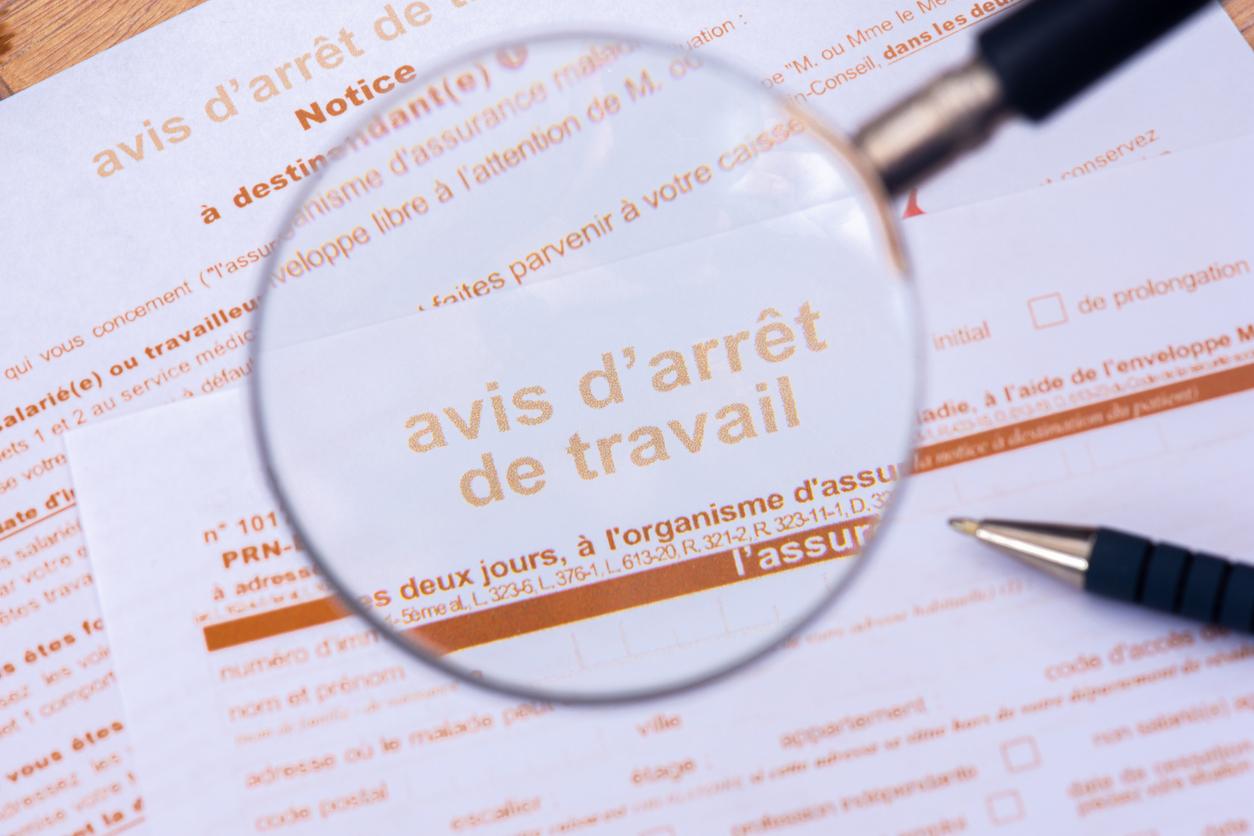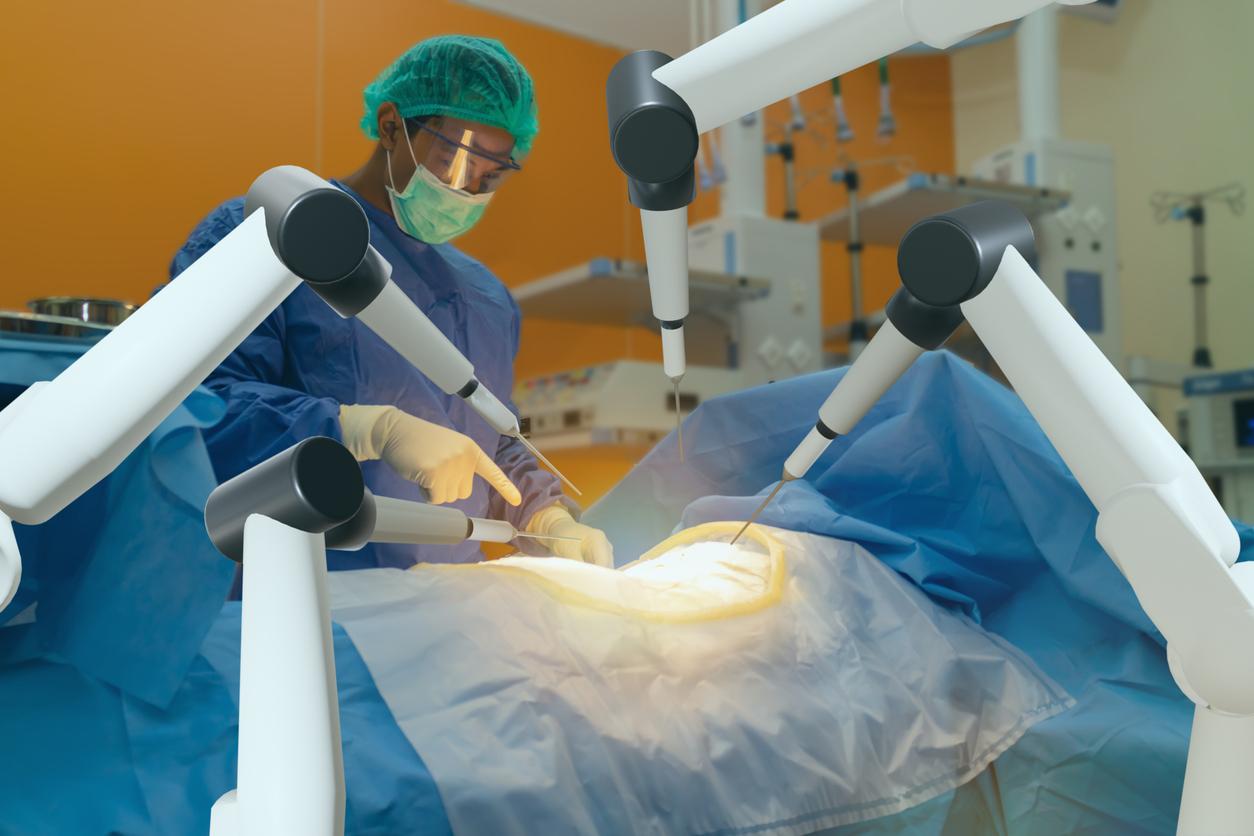The resumption of surgical activity would be, according to the Academies of Medicine and Surgery, “a health and economic emergency”. They ask for the lifting of the “white plan” and propose a protocol which would make it possible to preserve this activity in the event of a new health crisis.

- The Academies of Medicine and Surgery are asking to lift the white plan triggered in hospitals since March 6, 2020.
- According to them, it would be preferable to put in place a protocol allowing the resumption of surgical activities which have been interrupted due to the health crisis.
- The new protocol which could replace the white plan would make it possible to maintain other medical interventions, even in the event of a new health crisis.
The resumption of surgical activity particularly affected by the Covid-19 pandemic is, for the National Academies of Medicine and Surgery, a response to “a health and economic emergency”. This is why they are asking, according to their June 23 statement, “an immediate lifting of the white plan throughout the metropolitan territory”that is to say the end of an organization which gives absolute priority in hospitals to the care of Covid-19 patients to the detriment of most so-called heavy interventions, requiring a post-operative stay in intensive care.
131 liver transplants and 47 heart transplants during the crisis
In order to comply despite everything with the rules limiting the nosocomial risk which would be linked to a resumption of these interventions, they are based on the example of the protocols put in place during the health crisis for the activity of transplantation: the maintenance of a course dedicated for Covid patients, an accurate assessment of the viral status of donors and recipients, a selection of recipients excluding candidates with a poor prognosis to avoid a prolonged stay in post-operative intensive care and the placement of patients in a single room on leaving resuscitation without the possibility of visits.
By following these conditions, 131 liver transplants and 47 heart transplants – operations which the Biomedicine Agency recommended should be maintained – were carried out between March 15 and April 30, 2020, a decrease of 29% and 15% respectively compared to at the same time in 2019.”By observing strict sanitary measures, it is possible to maintain most surgical activities during an epidemic due to an emerging virus”conclude the Academies in their press release.
Feedback
They are now proposing, based on this feedback, the early adoption of a protocol to relaunch these surgical activities and maintain them in the event of a future health crisis. The Academies thus suggest:
- The establishment of prior consultation, medico-surgical and multidisciplinary, to take steps within each establishment to preserve this type of activity with a distribution of resources between the public and private sectors;
- An organization of hospitalization circuits guaranteeing the maintenance of a complete secure chain, whatever the nature of the health risk;
- A selection of patients in the event of a health crisis of an infectious nature in order to avoid any risk of contamination and extension of stay in intensive care.
.















